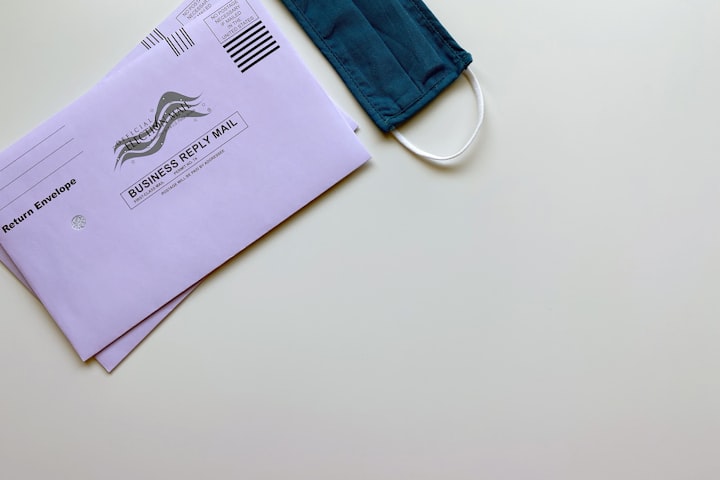
The rise of artificial intelligence (AI) has been a hot topic in recent years, and with good reason. AI has the potential to revolutionize the way we work and live, but it also poses a significant threat to employment. As AI continues to improve and become more advanced, it's becoming increasingly likely that it will replace human workers in a variety of industries.
The idea of AI replacing jobs is not a new one. In fact, it's been a topic of discussion since the 1950s. But as technology has improved and AI has become more sophisticated, the threat to employment has become more significant. Many experts predict that within the next few decades, AI will be able to perform the majority of jobs that are currently performed by humans.
One of the industries that is most at risk from the rise of AI is the manufacturing industry. With the advent of robots and automation, many jobs that were previously performed by humans are now being done by machines. This trend is expected to continue, with robots and other automated systems becoming increasingly sophisticated and capable of performing a wider range of tasks.
But it's not just the manufacturing industry that is at risk. AI is also poised to disrupt a wide range of other industries, including transportation, retail, healthcare, and even white-collar jobs such as accounting and law. In fact, a recent study by the McKinsey Global Institute estimated that up to 375 million workers around the world may need to switch occupational categories or upgrade their skills in response to automation and AI.
This potential disruption has led to concern among many workers and policymakers, who worry that the rise of AI could lead to mass unemployment and economic upheaval. However, there are also some who argue that the rise of AI will create new jobs and opportunities, even as it replaces some of the jobs that are currently performed by humans.
Proponents of this view point to the fact that throughout history, technological advancements have led to the creation of new jobs and industries. For example, the rise of the internet has led to the creation of entire industries, such as e-commerce and social media. They argue that the same will be true of AI, as it creates new jobs in fields such as data analysis, software engineering, and robotics.
However, others are more skeptical of this argument. They point out that the new jobs created by AI are likely to be highly specialized and require a high level of technical expertise. This means that many workers who lose their jobs to AI may not have the skills and training necessary to transition to these new roles.
There are also concerns that the rise of AI will exacerbate existing social and economic inequalities. For example, if the majority of new jobs created by AI are highly specialized and require a high level of education and training, then workers who do not have access to these resources may be left behind.
So what can be done to address these concerns? One possible solution is to invest in education and training programs that will help workers develop the skills necessary to thrive in an AI-dominated economy. Governments, educational institutions, and private industry can all play a role in developing these programs and making them widely available to workers.
Another possible solution is to implement policies that ensure that the benefits of AI are distributed fairly. This could include measures such as a universal basic income, which would provide a financial safety net for workers who lose their jobs to automation and AI.
In conclusion, the rise of AI is likely to have a significant impact on employment in the coming years. While there are some who argue that AI will create new jobs and opportunities, there are also concerns that it will lead to mass unemployment and economic upheaval. To address these concerns, it will be necessary to invest in education and training programs, as well as implement policies that ensure that the benefits of AI are distributed fairly. By doing so, we can ensure
About the Creator
Olivia
A Tech Blogger
https://pubgnewstate.mobi/
https://smartgaga.me/






Comments
There are no comments for this story
Be the first to respond and start the conversation.